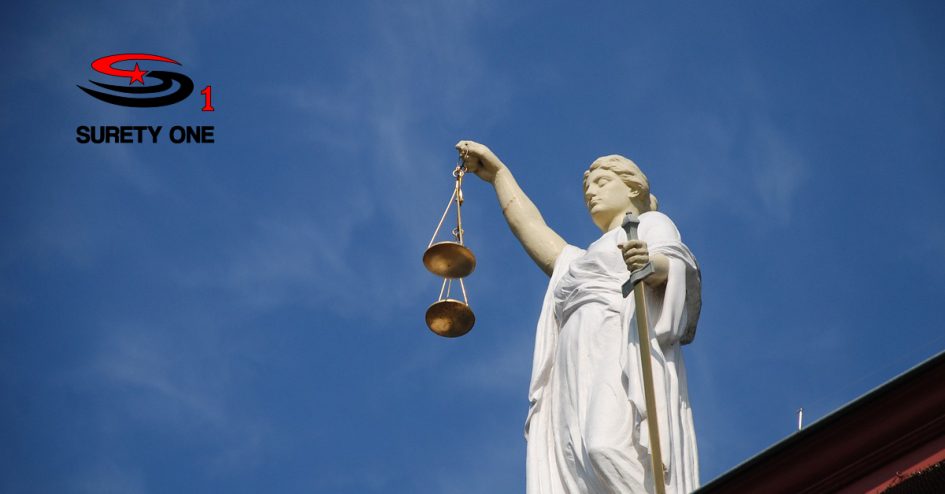An appeal bond is required of appellants (both defendants and plaintiffs) after entry of a judgment in a civil lawsuit in most cases. An “appeal” is a formal request for either review or trial de novo. Generally, the appellant appeals because he or she believes that the law was improperly applied (judicial error) or that an injustice was committed by the court of first instance. The goal of the appeal is to have the judgment corrected, reversed and/or remanded to the original court for further adjudication based on the higher court’s directive. Orders that are sufficiently final to be entitled to appellate review are in most cases acceptable for appeal and supersedeas bond support if filed within the perfection window. Special appeal procedures may apply to social security cases and administrative law judge decisions.
On entry of an appealable judgment an appellant may move the court for judicial review by the next higher court. The prevailing party may be prejudiced by a stay of enforcement of the original judgment therfore many codes of civil procedure require the deposit of an appeal bond with the court. This financial assurance mechanism guarantees that the appellant will comply with the original judgment if it is ultimately affirmed and pay the appropriate judgment interest, costs of court and attorney’s fees of the opposing party. An appeal bond is a type of surety bond. The surety’s obligation is to guarantee that the appellant will comply with the orders of the appeal venues. Appeal bonds can be very large except in those jurisdictions where statutory caps have been established by state statute.
Judicial bond leader, Surety One, Inc. is the most agile underwriter of supersedeas bonds (appeal bonds) in the nation. Our in-house authority is UNMATCHED, ANYWHERE. Visit us at SuretyOne.com, call (800) 373-2804, or email Underwriting@SuretyOne.com for further information about an appeal bond or any judicial bond need.

